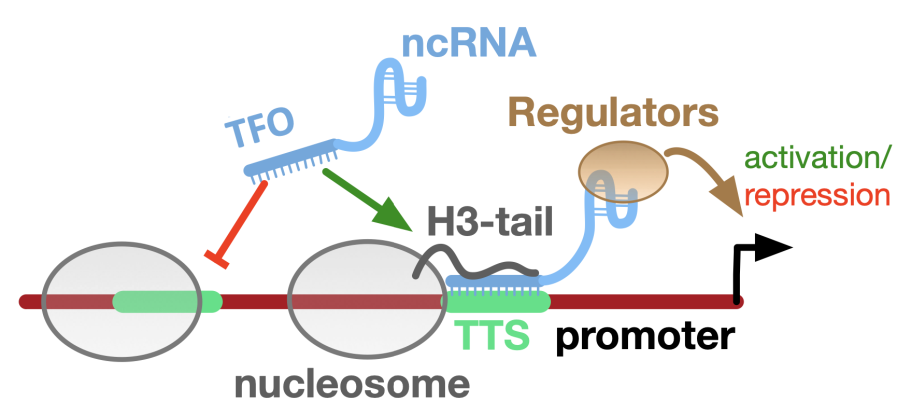
Microscale Thermophoresis (MST)
Deduced Parameters
KD - Equilibrium dissociation constant. Can be obtained by kinetic or classical equilibrium binding analysis. Provides information about the strength but not the dynamics of an interaction.
ΔH - Binding enthalpy. KD values at different temperatures can be used to obtain the binding enthalpy of an interaction via van't-Hoff-plots.
Ligand scouting - Fast single-dose screening for qualitative (Yes/No) binding.
Competition Assays - Determination of competition of several ligands for a selected binding site on a target.
Complex Inhibition Assays - Determination of binding site blocking by a ligand and prevention of binding of a natural interaction partner.
Stoichiometry Assays - Determination of equilibrium binding stoichiometry of target-ligand complex formation.
Microscale Thermophoresis (MST) detects changes in the hydration shell of molecules and measures enzyme activities and biomolecule interactions under close-to-native conditions: immobilization-free and in bioliquids of choice. Infrared-lasers are used to achieve precise microscale temperature gradients within thin glass capillaries that are filled with a solution of choice. Molecules move along these temperature gradients. Any change of the hydration shell of biomolecules due to changes in their primary, secondary, tertiary and/or quaternary structure affects the thermophoretic movement and is used to determine binding affinities and enzymatic activities .
The experimental procedure is straightforward and eliminates expensive and tedious sample preparation.
The capillary format it reduces sample volumes which are typically associated with standard molecular interaction technologies.
